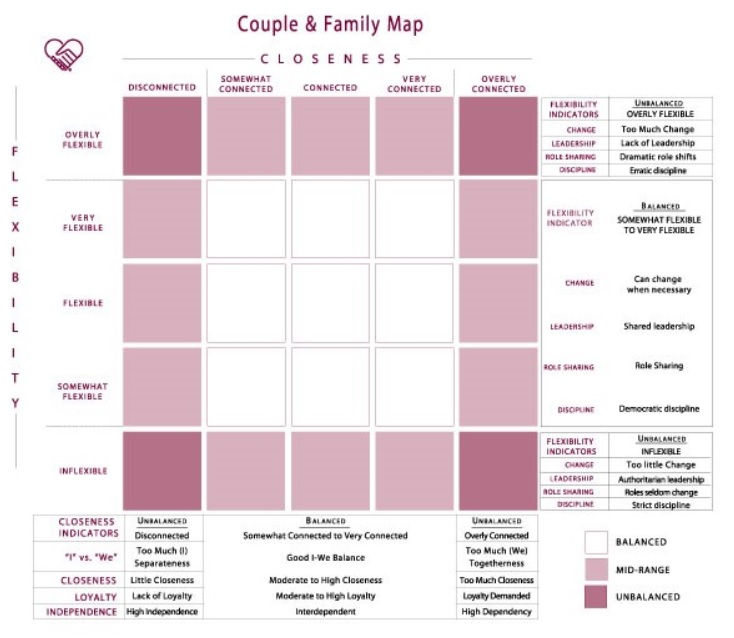Core Beliefs
- rogerlinpsyd
- Jun 7, 2023
- 4 min read
Updated: Jun 9, 2023
What you believe affects your life. Your beliefs will directly affect your thoughts, attitude, mindset, decision, and your entire life experience. Our core beliefs guide our behavior, how we see ourselves, and perceive life and the situations we are in. Our beliefs impact how we feel, how we relate to others, and affect our success and satisfaction with life and relationships. Examine what you believe be answering the following questions:
Self/Life- Am I good? Am I bad? Am I capable? Am I competent? Do I have free will? Why am I here? Where did I come from? Is there right/wrong?
People- Are people good or selfish? Can people be trusted? Can I be alone? Are people, kind, thoughtful, generous, beautiful, respectful, or rude, selfish, greedy, evil?
Future- Are we improving? Are things getting worse? Will we keep making the same mistakes? Where do we go when we die?
World- Is the world safe? Is the world dangerous?
God- Does God exist? Does he love me? Is God good?
What Are Core Beliefs?
Here are some examples of positive core beliefs:
“People are essentially kind.”
“If I work hard, I will be successful.”
“I deserve to be loved.”
“Every setback is a learning opportunity.”
On the other hand, here are some examples of core beliefs that may cause you distress:
“I don’t fit in.”
“The world is a dangerous place.”
“Nobody likes me.”
“People are essentially selfish.”
Core beliefs are developed by the influence of your family and friends, location and culture, and experiences. Most of of our core beliefs are formed during childhood. You start building your understanding of yourself and the world by observing your family of origin and modeling what they tell you. As you get older, you start developing more core beliefs based on your experiences of the world. Core beliefs are a part of our identity. Our identity consists of our personality, race, ethnicity, age, gender, physical attributes, abilities, life experiences, preferences, and core beliefs.
We develop our core beliefs by affirming an idea over and over again. Our thoughts are constantly affirming what we believe. We are constantly making the case for our beliefs, looking for evidence to validate that what we believe is true. We have an internal lawyer that is justifying our beliefs as right and other beliefs as wrong.
It is possible to have negative core beliefs. A core belief such as, "I am inferior" can lead to feelings of insecurity, self-doubt, and the desire for external validation and approval. This negative core belief can lead to a pattern of people-pleasing and perfectionism. We have a confirmation bias where we see situations that confirm our core beliefs, and ignore evidence that go against our core beliefs.
Here is an example of how an unhealthy core belief develops:
1. Experience criticism and comparison to others. "Why aren't you more like ____."
2. Negative thought: “I am inferior”, “My worth depends on what others think of me”.
3. Negative life events reinforce negative thought: i.e, rejection, relationship breakup.
4. Thoughts become automatic distortions: “It’s all my fault”. “I’ll be alone forever.” “I’m stupid.” “Something is wrong with me.”
5. Develop unhealthy habits: Social withdrawal. Low motivation, loss of interest, procrastination. Poor concentration, decreased focus, easily distracted. Indecisiveness, self-criticism, complain often. Poor impulse control, lack of discipline, loss of sleep.
If you are stuck in an unhealthy habit, you probably have a negative core belief fueling that behavior. Until you uncover and change the negative core belief, no matter how much you change the behavior, you will never be totally free from it.
For example, if you have a hard time developing close relationships, you may have the core belief, "I can't trust anyone." No matter how hard you try to be nice, show interest in people, and be loving towards people, until you address the core belief of, "I can't trust anyone.", you will not be able to function in an intimate relationship. Even with the best intentions and effort, our unchallenged negative core beliefs will sabotage our progress forward towards healing, growth, and wellness.
Exercises to address your core beliefs
1. Identity your core beliefs. Take the time to reflect and make a list of beliefs that you have about yourself, life, the future, the world, people, and God. 2. Identify negative core beliefs. Make a list of negative core beliefs that affect your life. Examine your bad habits, your weaknesses, your negative, critical, judgmental thoughts, and what upsets you or makes you anxious. These are often symptoms of negative core beliefs.
3. Challenge your negative core beliefs. Analyze your core beliefs: Ask yourself: “Is it to my advantage to maintain this particular belief? Is this belief really true and valid?” “What are the advantages/disadvantages of believing this?
4. Reverse your beliefs. Consider if the opposite belief might also be true.
5. Create positive affirmations to help affirm new core beliefs.
6. Downward arrow question & answer exercise. Take a thought that you have about a situation and keep asking it the following questions to identify your core belief:
“What does this mean to me?"
“Assuming that’s true, why is that so bad?”
7. Face your fears and anxiety. "What is the underlying fear or catastrophe you are trying to avoid?" You can think of your core beliefs as core fears.

Comments